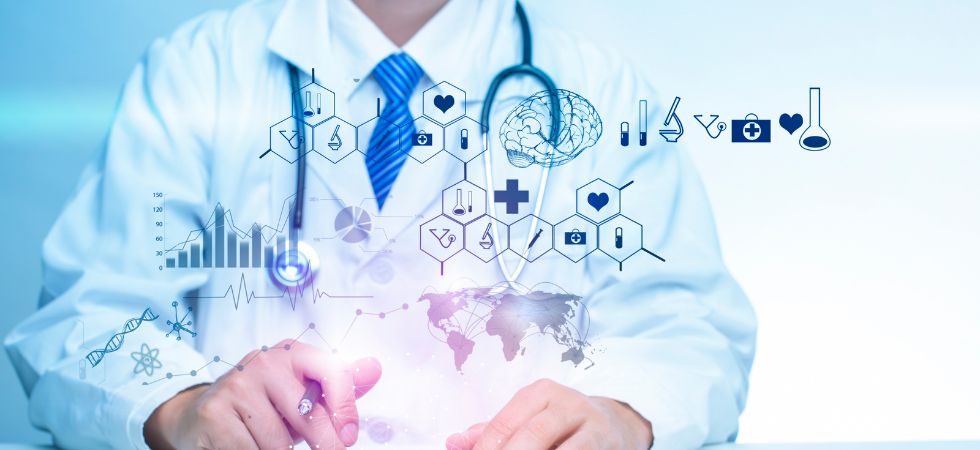How IoT Benefits the Healthcare Industry

The integration of the Internet of Things (IoT) into the healthcare industry marks a pivotal shift toward more efficient, personalized, and scalable healthcare solutions. These technologies, comprising a network of interconnected devices capable of collecting, transmitting, and analyzing data, offer unprecedented opportunities to enhance patient care, reduce operational costs, and improve overall health outcomes.
This ability to provide real-time monitoring, data-driven insights, and enhanced patient engagement keeps transforming health practices. Understanding how IoT benefits the healthcare industry is critical to achieving better results and allowing future expansion.
Enhancing Patient Monitoring and Care
IoT in healthcare has markedly improved patient monitoring and care, particularly for chronic conditions such as diabetes, heart disease, and asthma. Wearable devices and home monitoring systems equipped with IoT technology allow for continuous monitoring of vital signs, blood glucose levels, and other critical health metrics. This real-time data collection facilitates early detection of potential health issues, enabling timely interventions and reducing the need for hospital readmissions.
Streamlining Hospital Operations
Efficiency in hospital operations is crucial for enhancing patient care and optimizing resource utilization. IoT technologies play a significant role in streamlining these operations by automating routine tasks, facilitating seamless communication, and improving the management of hospital assets. Hospitals can achieve a higher level of operational efficiency with these features, leading to improved patient outcomes and satisfaction.
Improving Medical Device Management
IoT’s role in enhancing medical device management leads to a new era of operational efficiency and safety in healthcare. Professionals can monitor and manage devices remotely, ensuring they are functioning correctly and in the right condition when needed.
Medical device management significantly contributes to the durability and reliability of these devices, which is one of the main benefits of low-pressure overmolding electronics. Devices like these enhance the lifespan and performance of healthcare equipment, play a crucial role in safeguarding patient health, and optimize treatment outcomes.
Enhancing Drug Management
The role of IoT in enhancing drug management manifests through its ability to significantly improve the accuracy, safety, and efficiency of medication administration. Healthcare providers can monitor a patient’s adherence to their medication regimen in real-time by leveraging smart IoT devices, such as connected pill dispensers and wearable sensors.
These advancements ensure patients receive their medications at the correct dosages and times and allow for immediate adjustments based on their health data.
IoT benefits the healthcare industry in many ways, revolutionizing the sector by enhancing patient care, streamlining operations, improving medical device management, and optimizing drug management. IoT stands out as a critical catalyst for the evolution of healthcare, promising a future where healthcare is more accessible, reliable, and effective for all.
